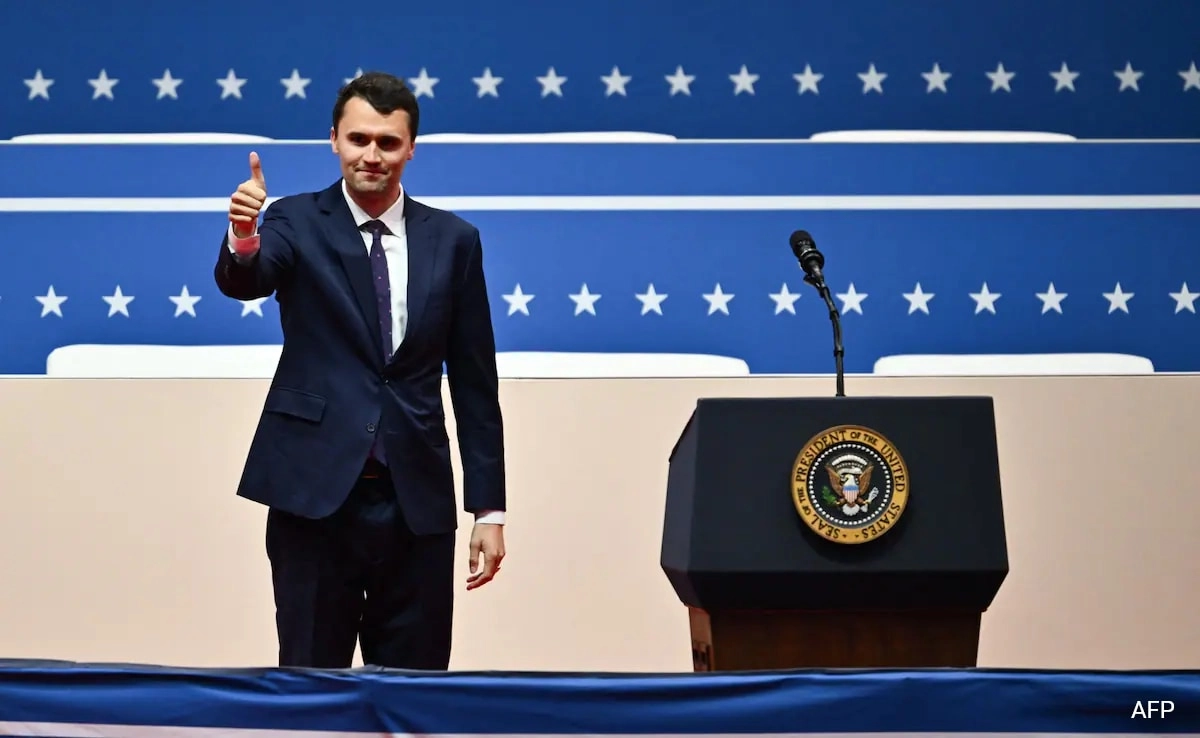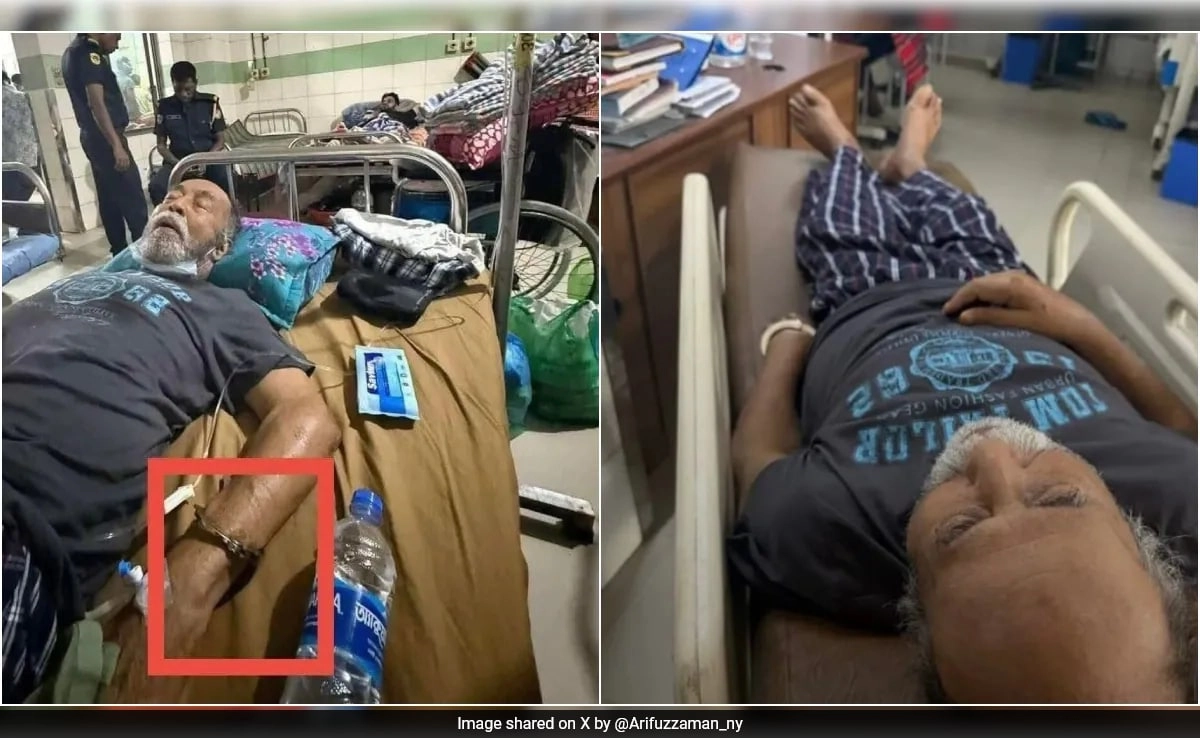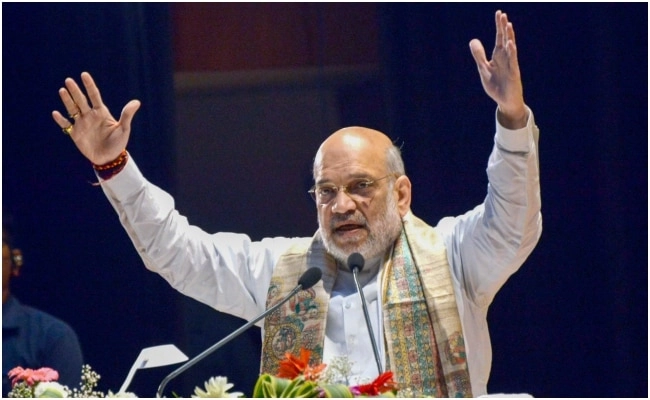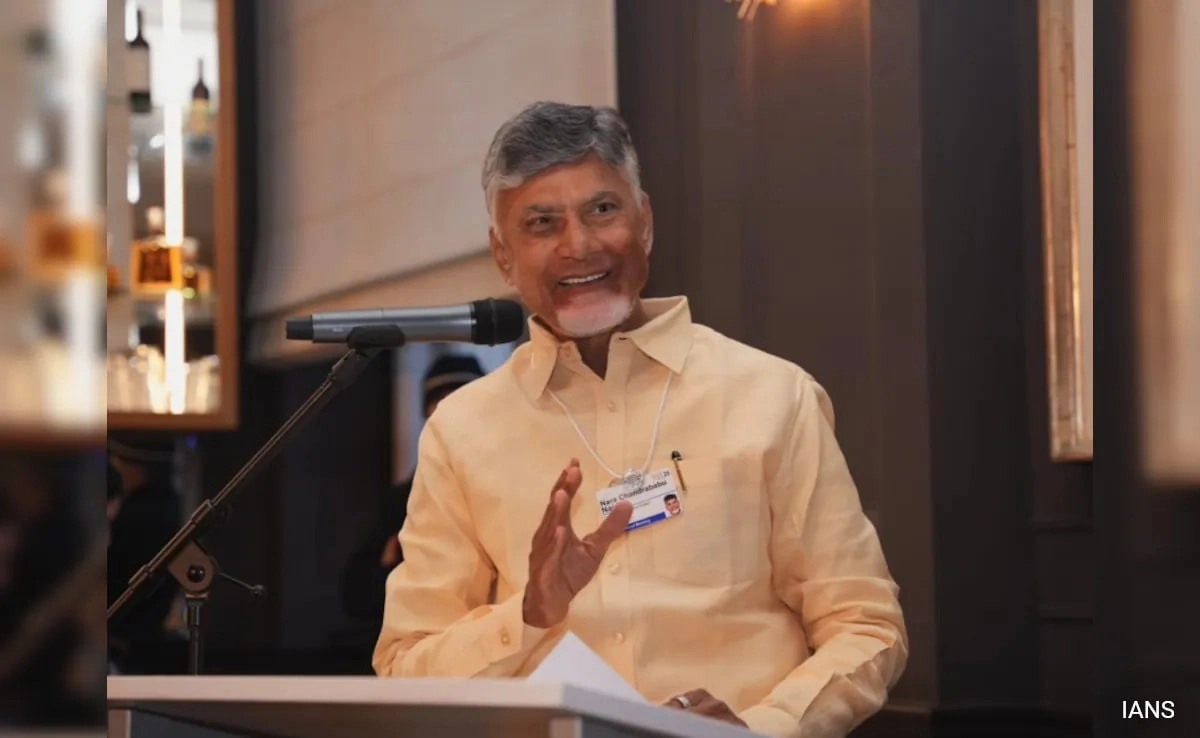In a recent statement, former President Donald Trump addressed the assassination of a key aide, emphasizing his commitment to pursuing those responsible for acts of violence. The remark comes amidst growing concerns regarding the safety of political figures and their associates in an increasingly polarized political climate. Trump’s response reflects not only his staunch position against violence but also underscores his determination to hold individuals accountable for such heinous acts. He reiterated that any form of violence should be condemned and that those who perpetrate these acts must face the full force of the law.
Trump’s comments also highlight the broader implications of political violence, which has become a troubling trend in recent years. As political tensions escalate, the safety of public officials and their families is at risk, raising questions about the societal factors that contribute to this alarming behavior. By vowing to pursue the perpetrators, Trump aims to reassure his supporters and the general public that there are consequences for those who threaten the fabric of democracy through violence. This incident serves as a reminder of the fragility of political discourse and the need for a unified stance against aggression in any form.
Furthermore, Trump’s statement can be seen as an appeal to his base, reinforcing his image as a decisive leader who prioritizes justice and security. In the wake of such tragic events, leaders are often scrutinized for their responses, and Trump’s promise to take action may resonate with those who feel vulnerable in today’s political landscape. Ultimately, the former president’s remarks reflect a broader dialogue about the responsibilities of political leaders to foster a safe environment for discourse, while also addressing the urgent need to tackle the root causes of political violence in society.




